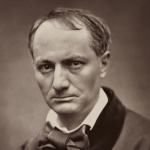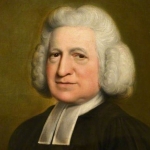Roughly figured, this man of moderate habits,
This average consumer of the middle class,
Consumed in the course of his average life span
Just under half a million cigarettes,
Four thousand fifths of gin and about
A quarter as much vermouth; he drank
Maybe a hundred thousand cups of coffee,
And counting his parents’ share it cost
Something like half a million dollars
To put him through life. How many beasts
Died to provide him with meat, belt and shoes
Cannot be certainly said.
But anyhow,
It is in this way that a man travels through time,
Leaving behind him a lengthening trail
Of empty bottles and bones, of broken shoes,
Frayed collars and worn out or outgrown
Diapers and dinnerjackets, silk ties and slickers.
Given the energy and security thus achieved,
He did . . . ? What? The usual things, of course,
The eating, dreaming, drinking and begetting,
And he worked for the money which was to pay
For the eating, et cetera, which were necessary
If he were to go on working for the money, et cetera,
But chiefly he talked. As the bottles and bones
Accumulated behind him, the words proceeded
Steadily from the front of his face as he
Advanced into the silence and made it verbal.
Who can tally the tale of his words? A lifetime
Would barely suffice for their repetition;
If you merely printed all his commas the result
Would be a very large volume, and the number of times
He said “thank you” or “very little sugar, please,”
Would stagger the imagination. There were also
Witticisms, platitudes, and statements beginning
“It seems to me” or “As I always say.”
Consider the courage in all that, and behold the man
Walking into deep silence, with the ectoplastic
Cartoon’s balloon of speech proceeding
Steadily out of the front of his face, the words
Borne along on the breath which is his spirit
Telling the numberless tale of his untold Word
Which makes the world his apple, and forces him to eat.




















Comment form: